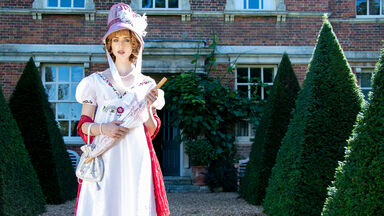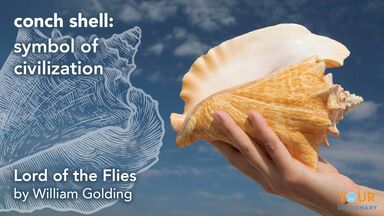The name of Bloomsbury is commonly derived from William Blemund, a lord of the manor in the 15th century.
The lord of the manor with his officials and retainers, the peasantry bound to him by ties of personal dependence and mutual rights and obligations, constituted a little world, in which we can watch the play of motives and passions not so dissimilar as we are sometimes led to believe from those of the great modern world.
In 1607 David Waterhouse, lord of the manor of Halifax, obtained a grant of two markets there every week on Friday and Saturday and two fairs every year, each lasting three days, one beginning on the 24th of June, the other on the 11th of November.
Later these fairs and markets were confirmed with the addition of an extra market on Thursday to Sir William Ayloffe, baronet, who had succeeded David Waterhouse as lord of the manor.
Formerly, when floods resulted from this obstruction, the townsfolk of Helston acquired the right of clearing a passage through it by presenting leathern purses containing three halfpence to the lord of the manor.





